I'm having trouble validating a schema in Postman using tv4 inside the tests tab - it is always returning a true test, no matter what I feed it. I am at a complete loss and could really use a hand - here is my example JSON Response, and my tests:
I've tried a ton of variations from every Stack Overflow/tutorial I could find and nothing will work - it always returns true.
//Test Example
var jsonData = JSON.parse(responseBody);
const schema = {
"required" : ["categories"],
"properties": {
"categories": {
"required" : ["aStringOne", "aStringTwo", "aStringThree" ],
"type": "array",
"properties" : {
"aStringOne": {"type": "string" },
"aStringTwo": {"type": "null" },
"aStringThree": {"type": "boolean" }
}
}
}
};
pm.test('Schema is present and accurate', () => {
var result=tv4.validateMultiple(jsonData, schema);
console.log(result);
pm.expect(result.valid).to.be.true;
});
//Response Example
{
"categories": [
{
"aStringOne": "31000",
"aStringTwo": "Yarp",
"aStringThree": "More Yarp Indeed"
}
]
}
This should return false, as all three properties are strings but its passing. I'm willing to use a different validator or another technique as long as I can export it as a postman collection to use with newman in my CI/CD process. I look forward to any help you can give.


